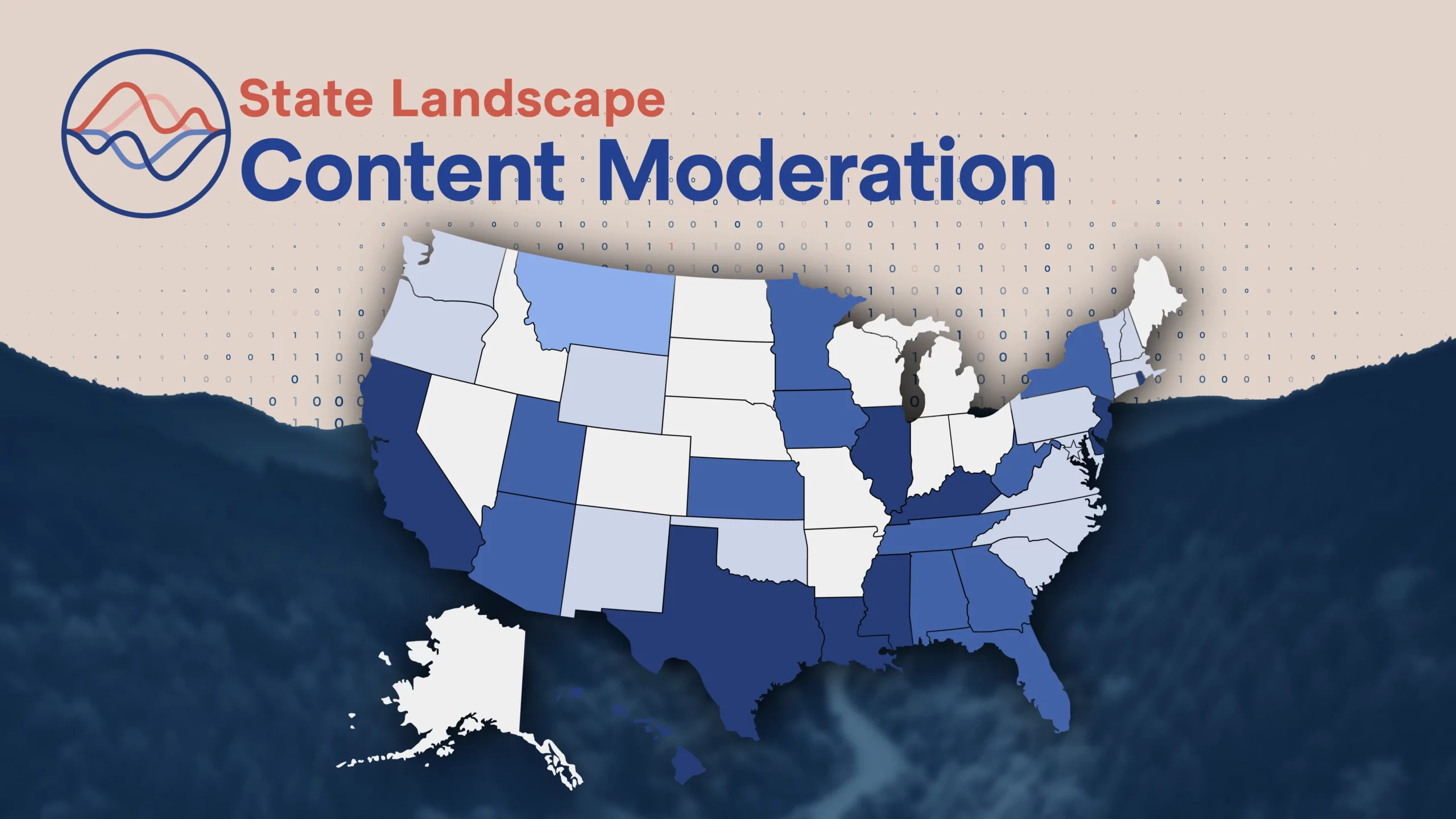European Elections and the Fight Against Online Terrorist Content
Between May 23 and May 26, 2019, close to 450 million European citizens will elect over 700 Members of the European Parliament and new Commissioners will be appointed. As political groups are launching their respective campaigns across the EU, recent successful European legislations and initiatives – such as the end of roaming charges and content portability – are highlighted.
Under the impression that flagship legislation on the fight against terrorism was missing, despite the adoption of the EU Directive on Combating Terrorism in March 2017, Germany and France sent a letter to the European Commission last Spring asking for a proposal on the removal of terrorist content online.
Under pressure, the European Commission complied and published a proposal for regulation on preventing the dissemination of terrorist content online in September 2018.
The tech industry is committed to tackling the dissemination of terrorist content online, as acknowledged by the European Commission. Terrorist content is unequivocally unacceptable, online and offline. However, this specific proposal raises some concerns, as highlighted by an open letter signed by the industry in December 2018.
First, from a procedural point, this proposal was rushed. The Commission did not wait for detailed assessments of the results of the implementation of the Directive on Combating Terrorism and of the recent Communication and Recommendation on the takedown of terrorist content. The Commission also broke its commitment not to publish new proposals after Spring 2018, due to the risk of them not being adopted by the end of its mandate in 2019.
Moreover, this proposal introduces several problematic provisions, such as the takedown of terrorist content within one hour following the receipt of a “removal order” and the implementation of “proactive measures” against the dissemination of terrorist content “where appropriate”.
The one hour deadline, coupled with draconian penalties (including up to 4% of the global turnover) and a very broad scope of application (information society services storing information from and making information available to third parties) could lead to the removal of potentially legal content online. As per the open letter, “instead of focusing on arbitrary timeframes, hosting services should act expeditiously to the best of their capabilities to ensure that fundamental rights are not compromised when taking down content.”
Such an approach would recognise the fact that the scope of application of the proposal includes wildly different services – including small and medium enterprises, which would struggle with the one hour deadline. In any case, the scope of application should be narrowed – at the very least reduced to hosting services where there is a real risk of propagation of terrorist content. This would ensure, for example, that cloud infrastructure service providers (which do not have access to customer content) and cloud services that do not make content available to the general public would be excluded from the scope.
The proposal also compels hosting services to “where appropriate, take proactive measures to protect their services against the dissemination of terrorist content”. As with the European copyright debate previously covered on DisCo (and the one hour deadline reviewed above), the broad implementation of proactive measures (aka mainly filtering mechanisms) would also likely suppress potentially legal content and public interest speech. This provision does not comply with the intermediaries’ limited liability regime of the e-Commerce Directive and with the European charter of fundamental rights and therefore should be deleted.
Unfortunately, none of these concerns were addressed by the European Council last December, which endorsed a version of the proposal quite close to the Commission’s proposal just described. The proposal is now being reviewed and discussed by the European Parliament. In the few remaining weeks before the European elections, Members of the European Parliament have the opportunity to address these concerns and tackle the dissemination of terrorist content online in a way that is effective, proportionate and compliant with European fundamental rights. Will they?








